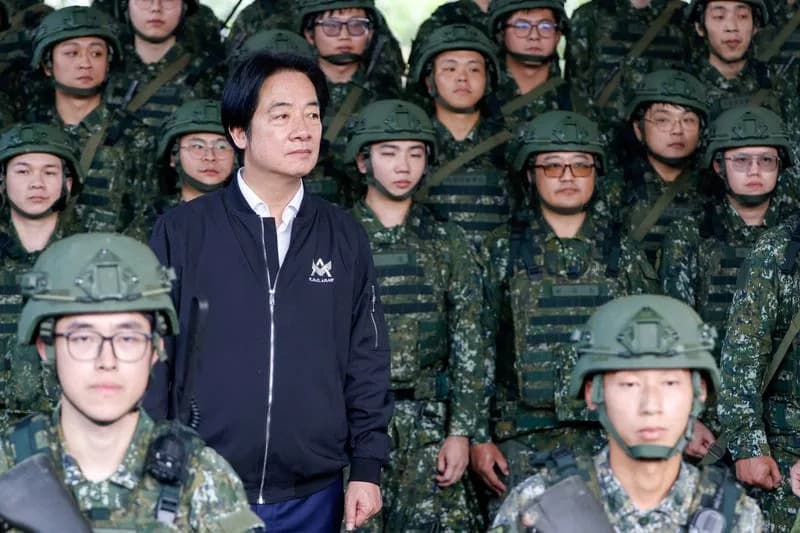Panama is embroiled in a diplomatic dispute after reports that the Chinese Embassy urged 10 lawmakers to cancel a planned visit to Taiwan, prompting public criticism from Panama’s Foreign Relations Ministry and the U.S. ambassador. President José Raúl Mulino said the trip lacked executive approval and emphasized the government’s role in foreign policy. The incident reflects broader U.S.-China competition in the region, including concerns about Chinese influence on the Panama Canal and past shifts in diplomatic recognition.
Panama-China Diplomatic Clash After Lawmakers' Planned Taiwan Visit
A planned delegation of Panamanian legislators to Taiwan has triggered a fresh diplomatic confrontation between Panama and China as Panama seeks to balance ties with Beijing and Washington.
Panama’s Foreign Relations Ministry and the U.S. ambassador publicly rebuked the Chinese Embassy after reports that it urged lawmakers to cancel the trip. The ministry accused the embassy of "meddling" in Panama’s internal affairs, saying the country "does not accept restrictions, nor pressure that tries to influence the legitimate decisions of its subordinates."
President José Raúl Mulino also weighed in, noting that the visit did not have his administration’s approval and reminding legislators that the executive branch controls Panama’s foreign policy. The controversy highlights tensions between lawmakers asserting independent parliamentary contacts and the government's responsibility for formal diplomatic relations.
Beijing regards Taiwan — a self-governing island — as part of its territory and has increased military activity in nearby waters in recent years. The dispute over the planned visit follows broader regional friction: China has warned other countries, including Japan, against intervening in what it calls "internal affairs" after statements by Japan’s new prime minister, Sanae Takaichi, suggesting a military response could be justified if Beijing imposed a blockade of Taiwan.
Across Latin America, Chinese diplomats have actively sought to persuade governments to recognize Beijing rather than Taipei; Panama severed formal ties with Taiwan and established relations with China in 2017. Concerns about Chinese influence in the region have intensified in recent months amid allegations — denied by Panamanian authorities and the canal authority — that Chinese-linked companies could exert leverage over the Panama Canal through port concessions.
U.S. engagement has also increased: during a visit in February, Secretary of State Marco Rubio emphasized concerns about China’s regional influence, and the U.S. has announced visa restrictions aimed at Central American nationals acting on behalf of the Chinese Communist Party. In August, U.S. Ambassador to Panama Kevin Marino Cabrera publicly supported Panamanian legislators who joined the Inter-Parliamentary Alliance on China, a global network of lawmakers monitoring Beijing’s influence.
Several lawmakers defending the planned Taiwan visit said it would expose them to policy models, investment opportunities and technological cooperation that could help Panama’s modernization. Ambassador Cabrera said the Chinese Embassy "shouldn’t be involved in those issues," and the Foreign Relations Ministry reiterated Panama’s sovereignty over its internal decisions.
"As a sovereign country, Panama does not accept restrictions or pressure that tries to influence the legitimate decisions of its subordinates," the ministry said in its statement.
The Chinese Embassy in Panama directed inquiries to local reporting. The episode underscores how parliamentary exchanges can spark wider diplomatic rows in an era of heightened U.S.-China competition in the Western Hemisphere.
Help us improve.


































